6 Essential Vitamins And Minerals For Acne Treatment
Depend on the best organic compounds to soothe and heal breakouts on your skin.
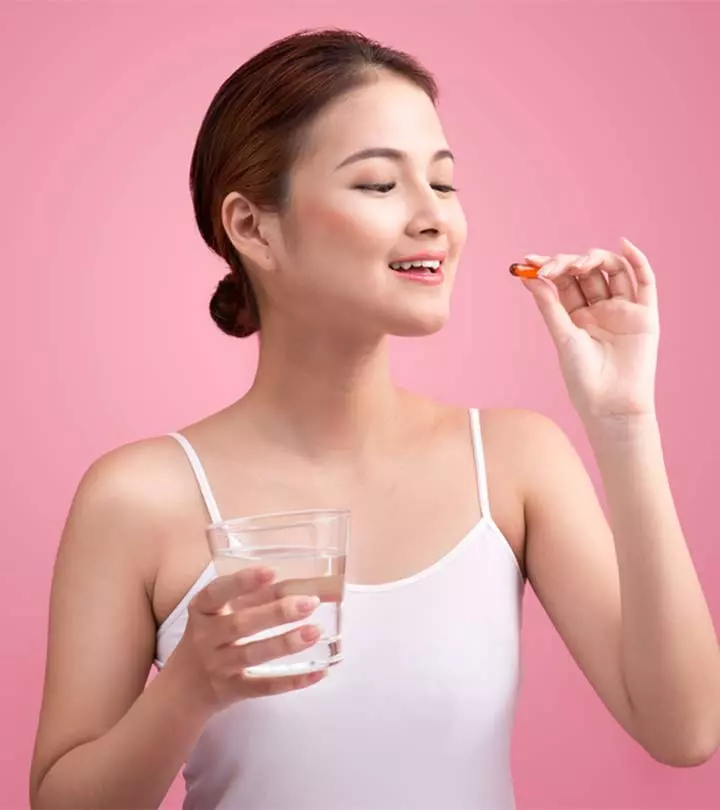
If you are looking for a list of vitamins and minerals for acne, you have come to the right place!
Acne occurs when the skin’s oil glands produce excess oil and become obstructed with bacteria and dead skin cells. As a result, these congested pores expand and become inflamed, resulting in pimple formation.
Acne is usually treated with over-the-counter medications, ointments, and antibiotics. However, researchers cannot deny that nutrition can also make a difference and help manage acne (1). While certain foods aggravate acne, some vitamins and minerals can assist in reducing the inflammation related to it. In this post, we look at the vitamins and minerals that may aid in acne management. Keep reading!
Best Vitamins And Minerals For Acne
- Vitamin A
- Vitamin B3 (Niacin)
- Vitamin C
- Vitamin E
- Vitamin D
- Zinc
In This Article
Best Vitamins And Minerals For Acne
You may not get adequate nutrition from your diet. Taking supplements may help to bridge the gap. However, before going for any of the supplements for acne, talk to your doctor. You should take supplements only if you have any deficiencies confirmed by blood tests.
1. Vitamin A
Topical vitamin A (retinoids) is often used for acne management. However, a lack of this nutrient in your diet may also affect skin health and cause acne. A study found that a low plasma concentration of vitamin A was related to acne and might aggravate the condition (2).
You may consume foods like eggs, milk, yogurt, yellow, red, and green veggies like carrots, spinach, red peppers, and sweet potatoes. They are good sources of beta-carotene, which your body can easily convert into retinol or vitamin A. You may also try taking vitamin A supplements after talking to your doctor.
2. Vitamin B3 (Niacin)
Topical niacinamide has anti-inflammatory properties that may help manage acne. However, it also plays a significant role in acne management when taken orally. A study indicated a significant improvement in acne in patients who took a 40 mg dose of niacin for 12 weeks. Researchers concluded that high doses of niacin might have a therapeutic effect and reduce acne (3).
Foods like redfish (tuna and salmon), legumes, cereals, leafy veggies, meat, and poultry are good sources of vitamin B3. You may also take supplements.
3. Vitamin C
Vitamin C is an antioxidant that keeps your skin healthy by reducing oxidative stress and inflammation (4). While it is not directly associated with acne reduction, it may help minimize the inflammation associated with the condition. Citrus fruits like blackcurrant, gooseberry, guava, parsley, and chili pepper are good sources of vitamin C.
4. Vitamin E
Vitamin E (tocopherol) is an excellent topical ingredient for maintaining skin health. A study found that vitamin E supplements could improve acne (5), (2). Consume vitamin E-rich foods like almonds, sunflower seeds, avocados, and cooking oils like sunflower, safflower, soybean, and wheat germ oils.
5. Vitamin D
Studies show that vitamin D may have anti-comedogenic properties and may reduce acne inflammation (6). Another study found that patients with acne had vitamin D deficiency (7).
6. Zinc
Zinc is a micronutrient and is effective against P. acnes, the acne-causing bacteria. Oral supplements of zinc can improve acne if you have a zinc deficiency. However, it may cause side effects like nausea, vomiting, and reduced copper absorption in the body (5). Hence, talk to your doctor before taking zinc supplements for acne.
Key Takeaways
- Vitamins A, B3, C, E, D, and zinc help manage acne issues.
- Consume eggs, milk, yogurt, veggies, meat, poultry, and citrus fruits to manage acne issues.
- You can also take vitamin and zinc supplements for acne.
Acne is a common skin problem that usually appears during adolescence. Acne can be treated with various over-the-counter and prescription medications, but consuming adequate vitamins and minerals may also help. Maintaining healthy skin and preventing acne requires a balanced diet. On the other hand, acne is triggered by various factors, necessitating a holistic approach to treatment. Therefore, supplements may be beneficial only if you have a deficiency. However, consult your doctor to ensure that you receive the right diagnosis and treatment before you do so.
Frequently Asked Questions
Is magnesium a good mineral to use to treat acne?
Magnesium supplements may help stabilize hormonal imbalance and acne.
Do herbal supplements help in the treatment of acne?
Studies are limited to support their efficacy, but herbal remedies may reduce inflammation and redness associated with acne.
Are there any foods that can promote the formation of acne?
The relation between food and acne is highly debated. However, some foods like dairy products may worsen existing acne.
References
Articles on StyleCraze are backed by verified information from peer-reviewed and academic research papers, reputed organizations, research institutions, and medical associations to ensure accuracy and relevance. Read our editorial policy to learn more.
- Significance of diet in treated and untreated acne vulgaris ,
https://www.ncbi.nlm.nih.gov/pmc/articles/PMC4884775/ - Does the plasma level of vitamins A and E affect acne condition?
https://pubmed.ncbi.nlm.nih.gov/16681594/ - High dose niacin in the treatment of acne vulgaris: a pilot study
https://www.researchgate.net/publication/314425582_High_dose_niacin_in_the_treatment_of_acne_vulgaris_a_pilot_study - Discovering the link between nutrition and skin aging
https://www.ncbi.nlm.nih.gov/pmc/articles/PMC3583891/ - Significance of diet in treated and untreated acne vulgaris
https://www.ncbi.nlm.nih.gov/pmc/articles/PMC4884775/#CIT0039 - Hormonal and dietary factors in acne vulgaris versus controls
https://www.ncbi.nlm.nih.gov/pmc/articles/PMC5997051/ - Comparison of Vitamin D Levels in Patients with and without Acne: A Case-Control Study Combined with a Randomized Controlled Trial
https://www.ncbi.nlm.nih.gov/pmc/articles/PMC4999291/
Read full bio of Dr. Schwarzburg
Read full bio of Ramona Sinha





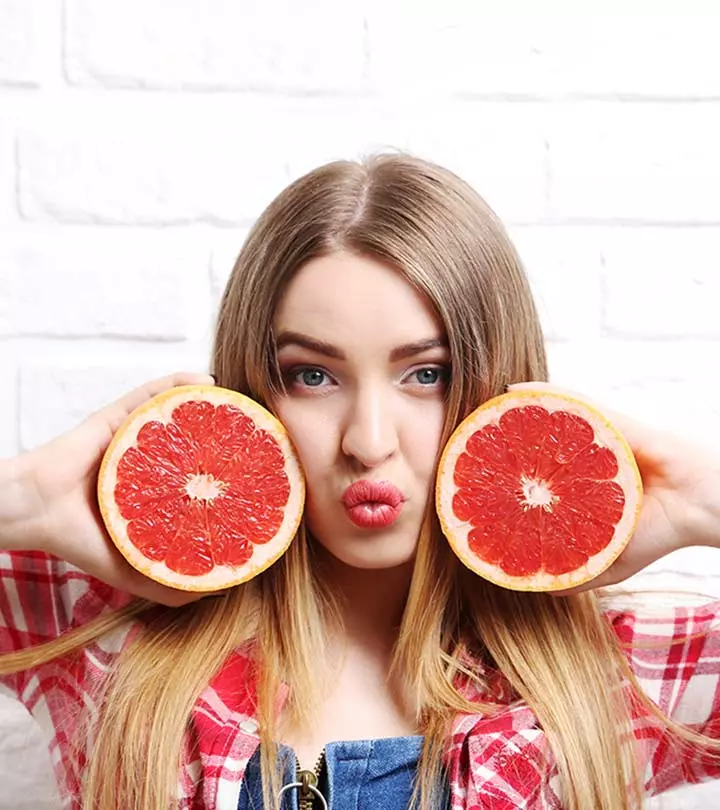
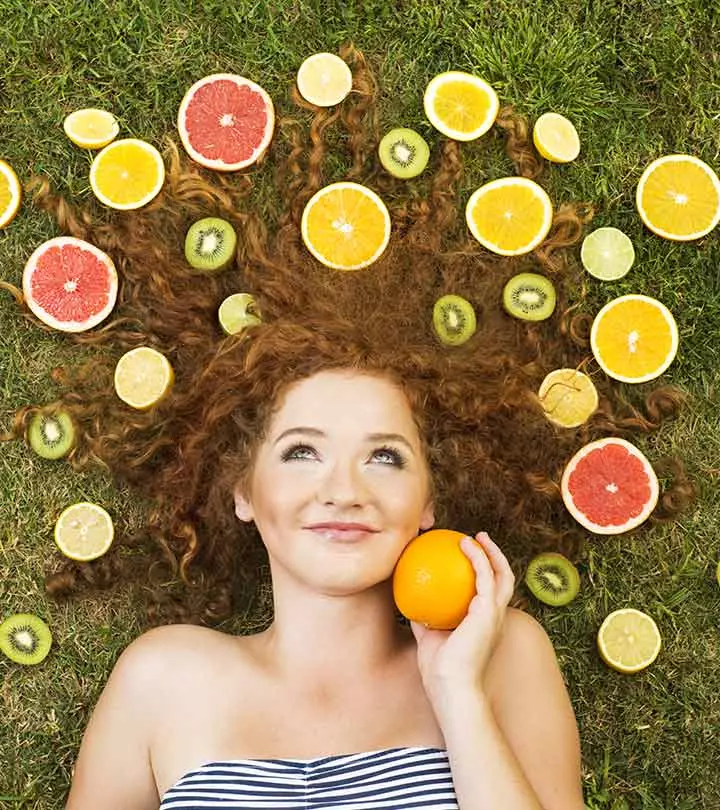

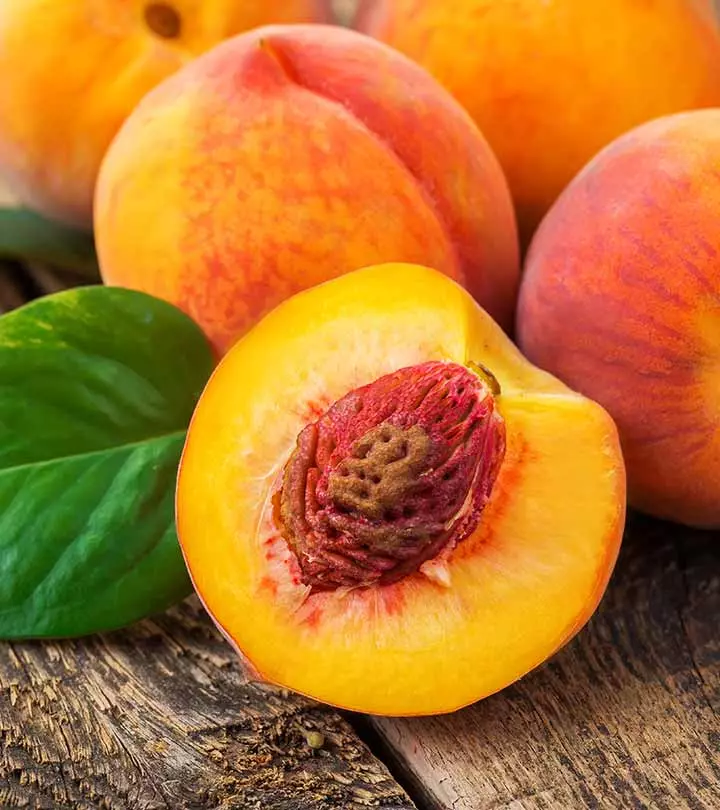

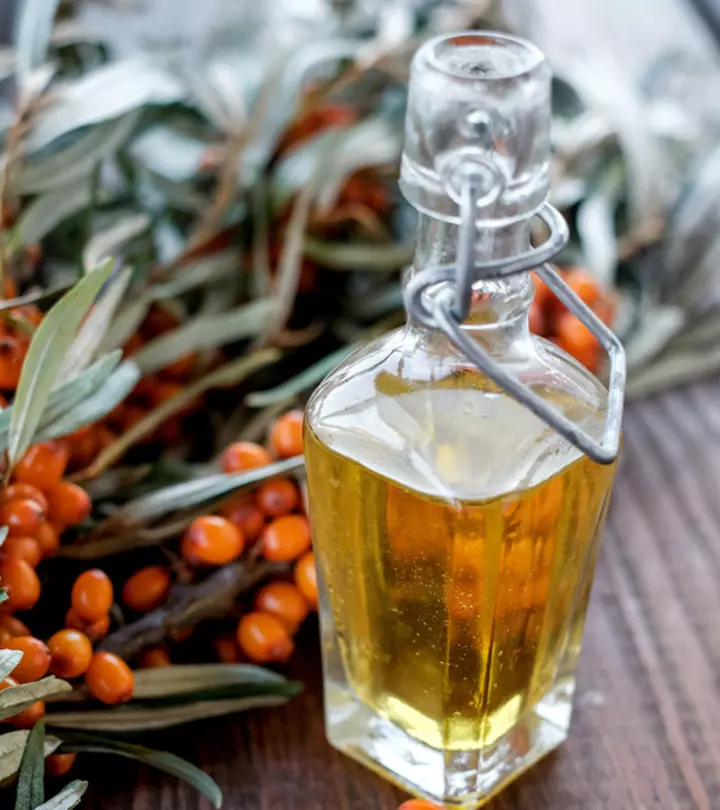
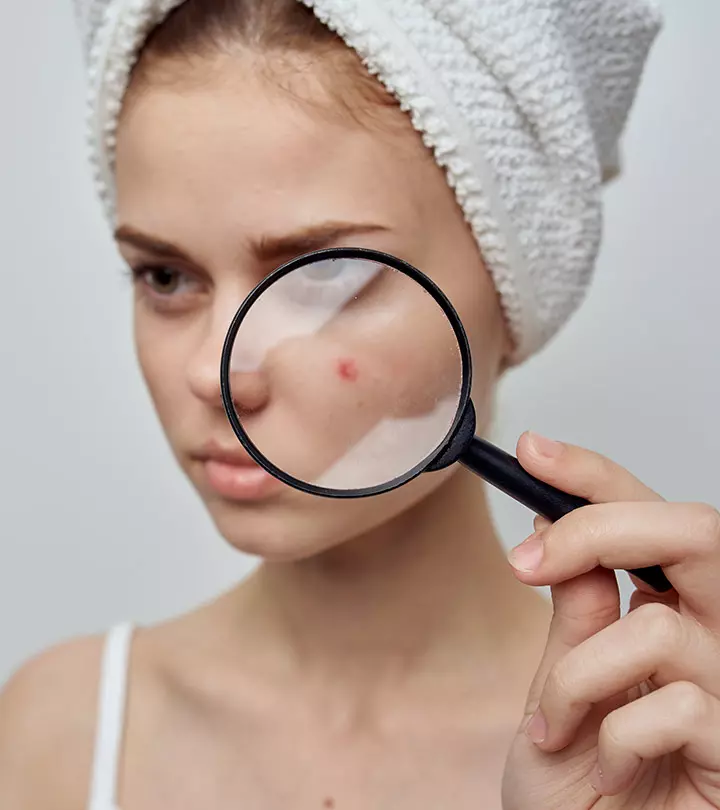




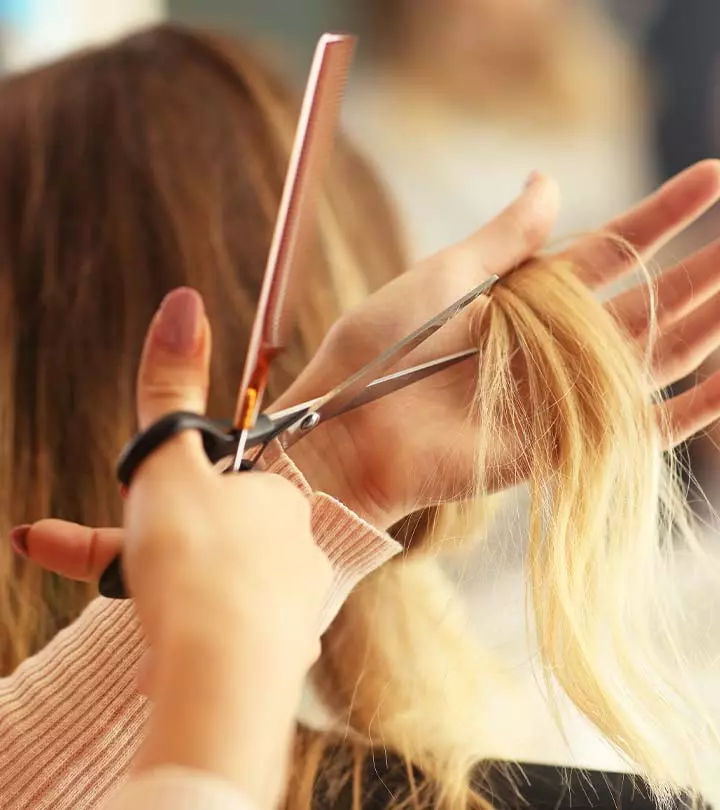






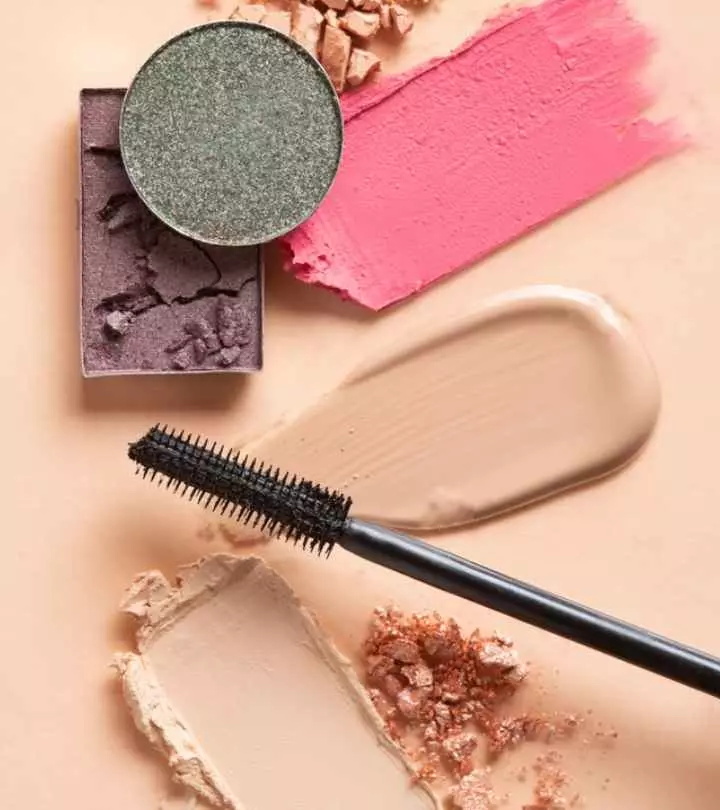
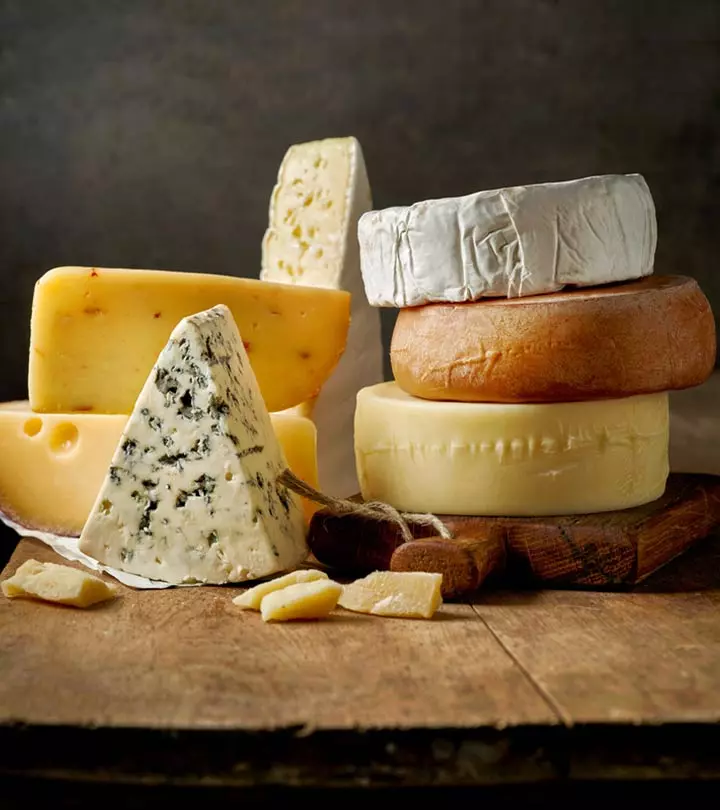

Community Experiences
Join the conversation and become a part of our empowering community! Share your stories, experiences, and insights to connect with other beauty, lifestyle, and health enthusiasts.